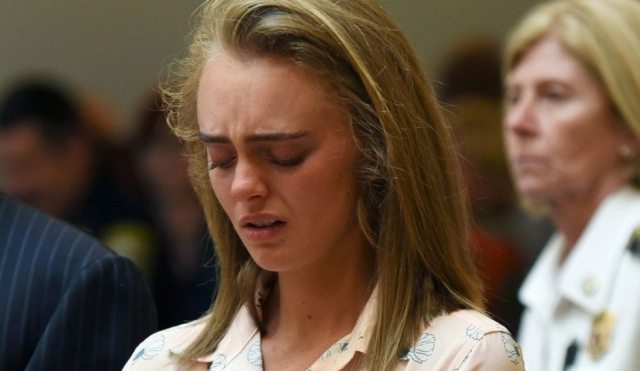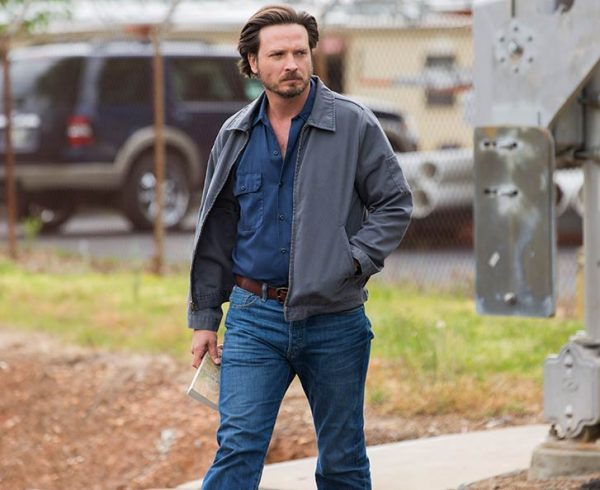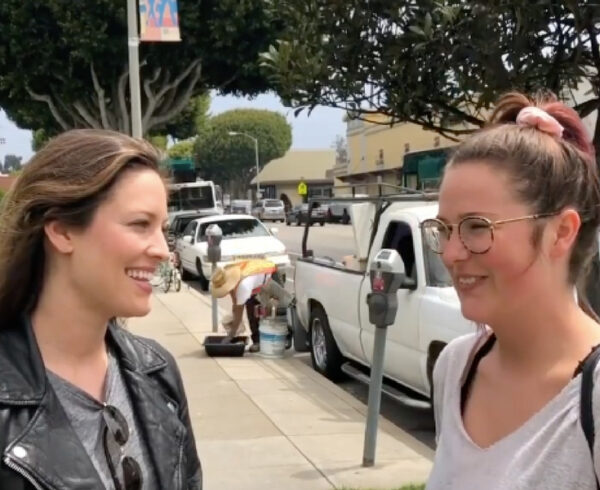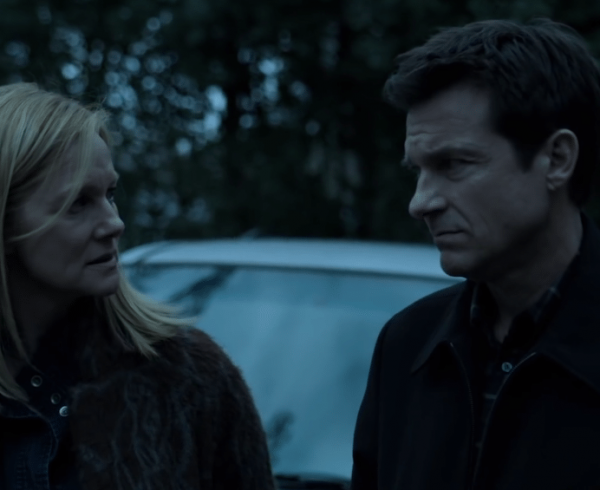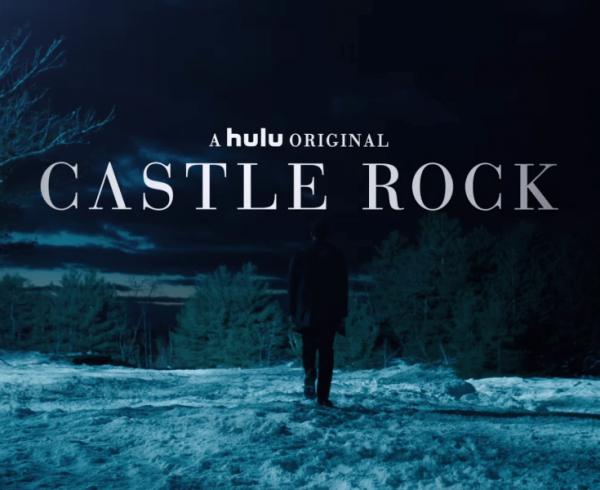Michelle Carter is a young woman who was at the center of an involuntary manslaughter case in Taunton, Massachusetts. On Friday, Judge Lawrence Moniz declared her guilty of the charge.
The case against Ms. Carter started with the July 2014 suicide of her then boyfriend, Conrad Roy III. Mr Roy had apparently been suicidal for some time and Ms Carter, from texts presented during her bench trial, actively encouraged the young man to carry out his plans to kill himself.
One of her reasons appears to have been that she wanted to be known as “the grieving girlfriend”.
With Friday’s ruling, pundits have weighed in on whether the decision was the right one, based on the definition of manslaughter itself.
The bigger issue is what kind of kids are we raising?
Some days I feel like the cranky old man stereotype yelling about the “pesky kids on my lawn”. I am certain that my parents and grandparents had the same reaction to my peers that I now feel towards the teenagers that wander the streets of my town. The feeling is that this world is not going to survive the current and future generations.
Many point to television shows such as Keeping Up With The Kardashians as the beginning of the end of societal morals, common decency and old-fashioned privacy. To a worldwide audience, the “characters” on this particular program seem to do nothing but bicker with one another, gossip about each other and shop; all of it done in front of television cameras recording their every move and interaction. The patriarch of the family, Robert Kardashian (who died in September 2003), was an attorney who was part of the defense team for O J Simpson in Simpson’s murder trial in the mid-1990s. His claim to fame at least is somewhat understandable. His wife and daughters however, are famous simply for living their lives on camera.
In 1999, the movie EDtv hit theaters. In it, a young man is offered the chance to live out his life in front of a film crew for a big payday. While Ed is initially thrilled with both the money and his increasing fame as more and more of the country watches his life unfold, eventually he realizes that fame is not the great prize that he originally thought. He decides to find a way to end his contract so that he can go back to a normal life.
Eight years later, the Kardashians hit the airways, and we are now trying to teach our children that notoriety for doing something good is not a bad thing, but that just wanting to be famous probably is.
We seem to be fighting a losing battle, though. Facebook, Instagram, Snapchat, Twitter – social media has become a part of our day-to-day lives, and with it a seemingly insatiable need, for young people in particular, to be “known”. YouTube continues to lure more and more people into creating, or hoping to create, viral videos that will be seen by millions and that will somehow lead to fame and fortune.
For every teenager and young adult wanting to change the world, there seem to be ten more who are only interested in themselves, and in living a life of luxury, without having to put in the hard work necessary to achieve those goals.
“Ask not what your country can do for you, ask what you can do for your country.” One of John F. Kennedy’s most famous lines was a rallying cry for the youth of the 1960s. Sadly, it seems that the Michelle Carters of our society are growing in number, more interested in themselves than in helping others or making this world a better place – with dreadful consequences for others, and themselves.
Barbara Lilley writes from Ottawa. This column originally appeared at Mercatornet.com and is reprinted with permission.

